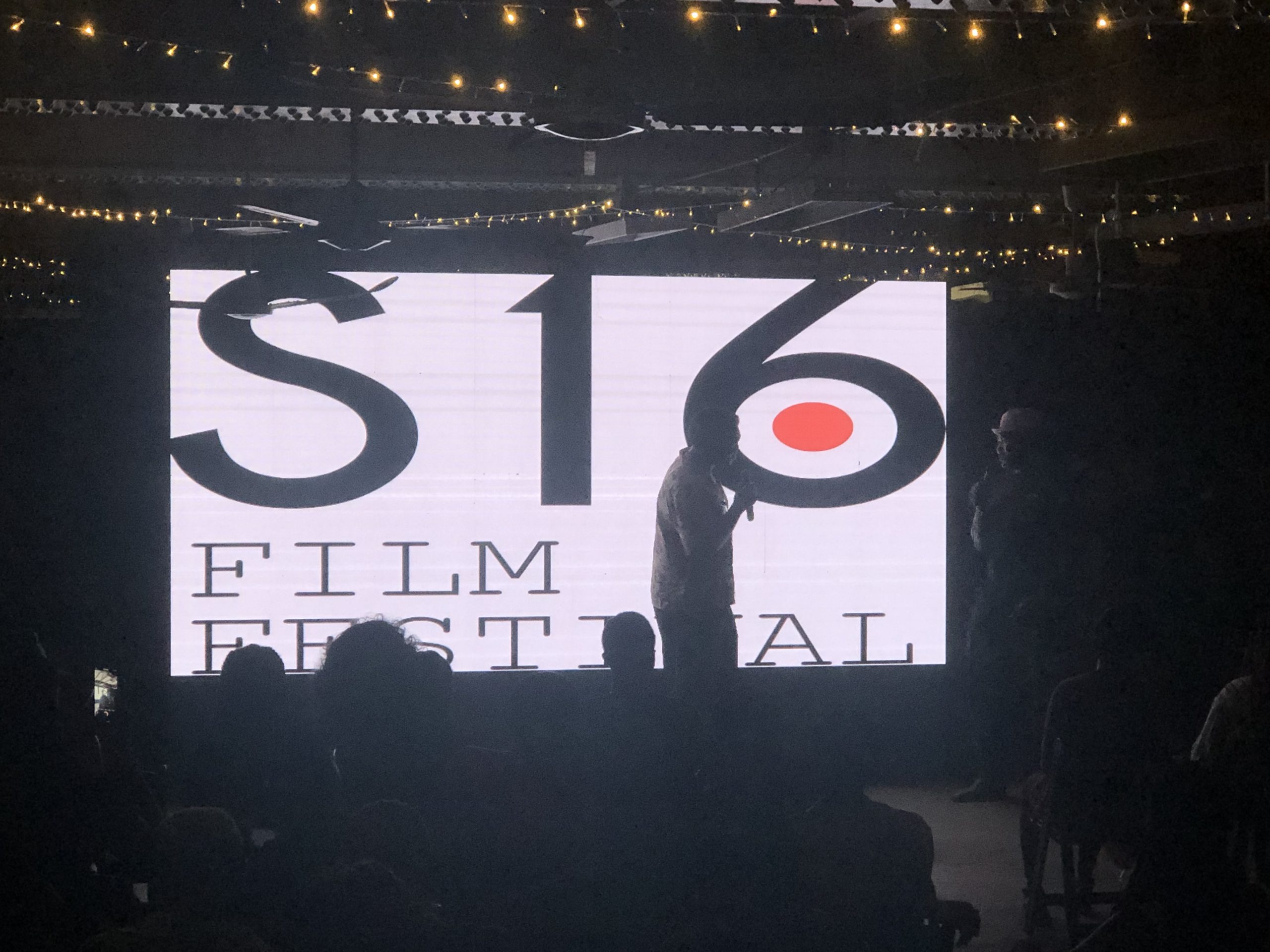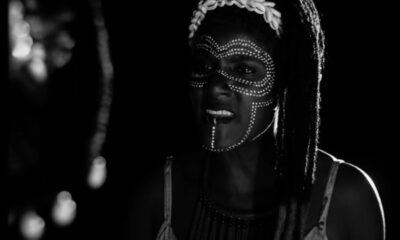Features
Oris Aigbokhaevbolo: Will the Surreal 16 Film Festival Do Wonders for Nigerian Cinema?

About a fortnight ago, I was in conversation with the director of the International Documentary Festival, Amsterdam. One of the many things he told me that evening was that up and coming filmmakers might be better served figuring out festivals first before aiming for something like the Oscars. It’s reasonable advice, if only because festivals are a cheaper route to success. In fact, if you do a really good film, you might get paid to screen it. Compare that to the hefty budget you need for an Oscar campaign.
This is not to say that getting to the Big 3 film festivals for fiction films – Berlin, Venice, and Cannes – is easy. It is hard. It’s only easier than getting to the Oscars. So, where does that leave the ambitious Nigerian filmmaker? Great, thanks for asking. I would say it leaves her needing to target festivals on the continent first.
Burkina Faso’s FESPACO, the oldest film festival in this part of Africa, is perhaps the one to try to get into. Like every other entity, it has its own politics but you are at least guaranteed that you would be rubbing shoulders with some very important African filmmakers, if you can crack its competition category. Generally, it presents films you would hardly see anywhere else on the continent.
I would like to say the Africa International Film Festival (AFRIFF) is on the same level of quality in terms of selection for the competition category – after all, it is our home festival – but I was disappointed in some of the films it put up for screening in the competition section this year. A decent chunk of them had absolutely no business at a film festival. And there were unconscionable omissions as it didn’t screen Chuko and Arie Esiri’s Eyimofe and the stunner from Lesotho, Lemohang Jeremiah Mosese’s This Is Not A Burial, It Is A Resurrection. I have been told that they were to show last year but the pandemic intervened, still, this was a good year to celebrate the high achievement of both filmmakers even if that meant screening them out of competition. In any case, I’d be hoping AFRIFF gets its mojo next year. (Call me, Ms. Ude.)
In the meantime, there is a new festival that may become the venue for interesting experiments: the Surreal 16 Film Festival. Organised by Abba Makama, CJ Obasi, and Michael Omonua, the men who make up the Surreal 16 Collective, the festival took place over the weekend at the old printing press on Broad Street, screening two features and a plethora of short films. Several of the short films were remarkable and even when they failed, they were interesting failures.
After seeing a short film titled A Nightmare on Broad Street, set in Freedom Park, and another titled Husbandry, both of which were flawed but clever in their own way, it struck me that there are only a couple of spaces where one can see such films from filmmakers working their way into their own idiom. That’s hardly a space a festival as big as AFRIFF can fill adequately without losing some of its edge.
When the festival’s closing film, the excellent Sudanese drama You Will Die At Twenty reached its end, it was clear that the S16 Festival, as it is shortened, has something that its richer, older brother AFRIFF doesn’t have: Being smaller, it can cater to ambitious but smaller works. And if it doesn’t cower and bow to nakedly ultra-commercial instincts, as a lot of things in Nigeria seem to do, it can very well attract a sizable audience that has never taken to the idea of Nollywood films, be it on the big screen, on television, or on streaming platforms. In other words, this independent festival can become a new stream of audience/income for Nollywood/Nigerian cinema. It must be said, though, that it is unlikely that being directors themselves, the S16 Collective may not be the best persons to be in charge as the years go by – that would present a conflict of interest and maybe a narrower view of the landscape. In time, this is one issue that would have to be confronted.
Another issue is the audience, which were predominantly the alte crowd and many of whom are friends – one imagines – of the S16 Collective. The audience would need to expand. The team would also need to provide more than just screening schedules to directors who show their films. This would mean, at the minimum, giving them what AFRIFF hasn’t done in years: critical engagement in the media, so that there is both publicity and historical safekeeping for these films long after they have come and gone on the culture calendar. These issues will hopefully be thought about at some point.
For now, it is enough to bask in the possibility that has been created for Nigerian cinema and our country’s ambitious filmmakers. Unlike the curse facing the protagonist of the festival’s closing film, may the S16 Film Festival live way past two decades. It certainly has started on a promising note.


















